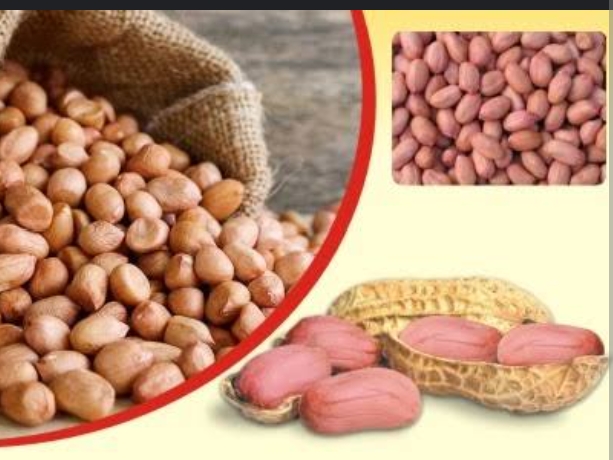Navigating Challenges in Rice Farming: Common Pests and Diseases and Effective Control Measures

Navigating Challenges in Rice Farming: Common Pests and Diseases and Effective Control Measures Introduction: Rice farming, a cornerstone of global food production, faces constant threats from pests and diseases that can jeopardize yields and food security. Understanding these challenges and implementing effective control measures is essential for sustaining a thriving rice agriculture system. In this article, we delve into common pests and diseases in rice farming and explore practical control measures. Common Pests: 1. Brown Planthopper (BPH): - Identification: Small, winged insects. - Damage: Extracts sap, causing hopper burn and reduced growth. - Control Measures: Plant resistant varieties, adopt biological control with natural predators like spiders and predatory beetles, and use chemical insecticides judiciously. 2. Stem Borers: - Identification: Larvae of moths that bore into rice stems. - Damage: Weakened plants, l...


